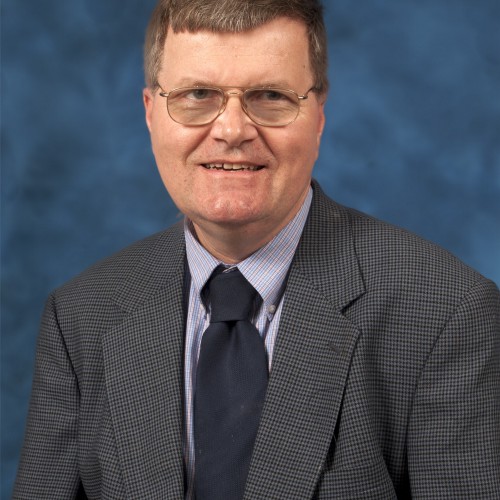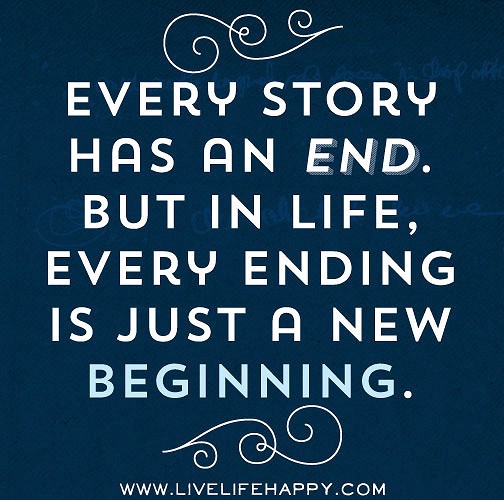Author Joan Didion gives a moving account of seeing her then husband and fellow author, John Dominick Dunne, for the last time.
“He was sitting across the dinner table from me. I had made him a drink. He looked up at me and then he passed out and fell over onto the floor. He was dead. ‘
(The Year Of Magical Thinking Joan Didion 2005 )
It’s true that we do not know how long we will live. A lot of people are concerned with maximizing all the time that they have being above ground. Rolling Stone Keith Richards has observed:
“Every day above ground is a good day.”
Witness the constant barrage of advertising regarding at home stair step and other athletic equipment. Many people are concerned about nutrition, preventative health, appropriate sleep and relaxation, all to the good.
Also, recently there has been discussion regarding where you live, i.e. your zip code can have a determining factor regarding the longevity of your life.
Consider the following data:
In Baltimore, MD five miles makes a difference:
Roland Park
$ 90,492 in income
3.4 % unemployment
4.1/10,000 homicide rate
83.1-year life expectance
Madison East/End
$ 30,389 in income
14.4 % unemployment
46.3/10,000 homicide rate
64.8 life year expectancy
( from: Investigating Cancer Disparities On A Prevention And Control Continuum Jim Zabora Sc. D, MSW The Johns Hopkins Center For Cancer Disparities Baltimore, MD 2018)
These disparities are marked by income inequality, the level of poverty and the scarcity of resources including education. If you live in Madison East/End you will have a more challenging time staying alive as opposed to living in Roland Park.
How then do we live with these factors and the unknown about the longevity of life? Furthermore, how do we help and encourage others to be able to live their lives to the fullest?
Years ago, I visited with a man who was in the hospital. He was on hospice care. I walked into his room. He was wearing a T-Shirt with a picture of Donald Duck wielding a machine gun. The caption read:
“Chicago, everybody duck! “
I liked this guy. He was concerned about his condition, but he was also able to use humor in a way to cope with his anxiety.
As we talked, he shared about going to church as a young child. His job was to get to the church early Sunday morning and start a fire in the stove to heat up the church. One particular Sunday, he followed this same routine. This time, however, several hot coals fell out of the stove and set the small church on fire. He described through his tears how he remembered walking home with his mother, who beat him with her umbrella because the church burned down.
I talked with him for a period of time and told him that it was an accident, that he didn’t need to blame himself. He didn’t need to feel shame nor did he deserve any punishment.
When I left him, I noticed that he appeared more relaxed and at ease.
Maybe the take away here is that we need to view every day that we live as if it were our last.
If we did this, perhaps our lives might become more filled with more grace and gratitude.
May it be so.


